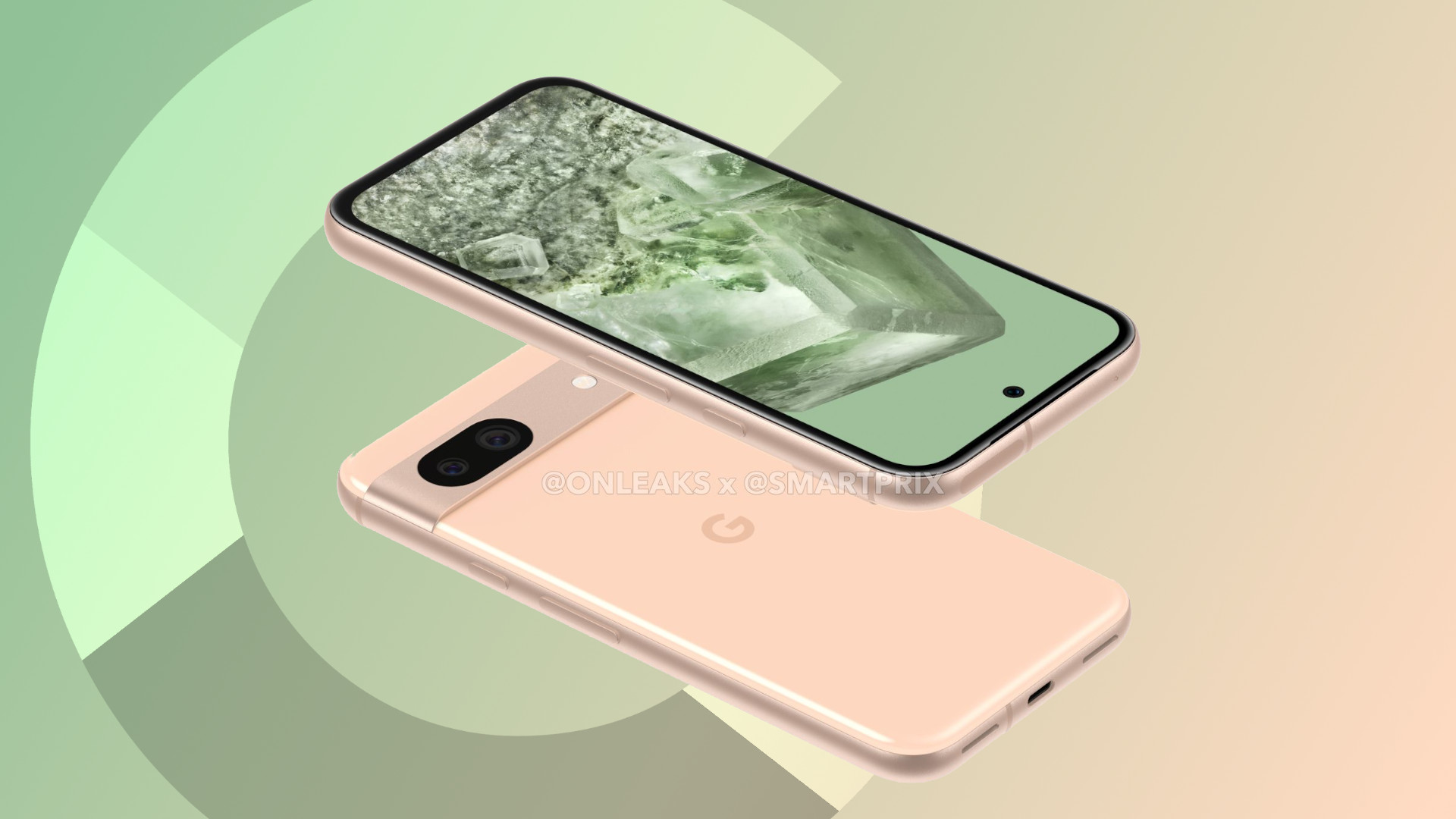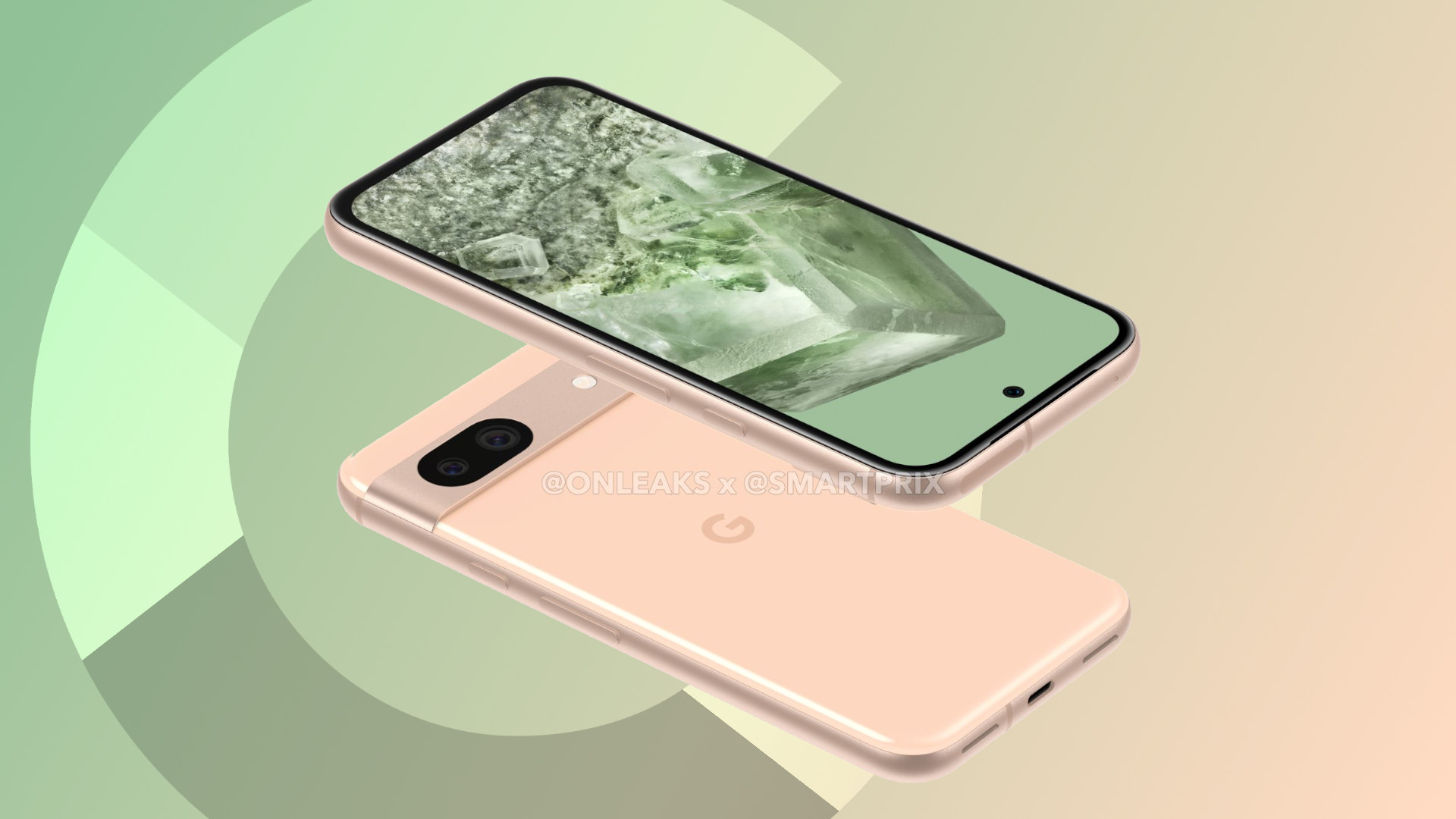An inside source at Google has reportedly confirmed several specs relating to the brand’s soon-to-be-revealed Pixel 8a smartphone. Should this information prove accurate, all signs indicate that the Pixel family’s A-Series will welcome yet another homerun of a handset. However, Google is once again at risk of cannibalizing its vanilla Pixel offering as it did with last year’s release of the Pixel 7a.
The information in question was revealed to Android Authority and is said to accurately report on the Pixel 8a’s display and cameras.
Pixel 8a: What’s ex-spec-ted?
The leak suggests that the Google Pixel 8a will further improve on the impressive display of the 7a, boosting the device’s refresh rate to 120Hz (over the 90Hz of the Pixel 7a and on a par with the Pixel 8) and screen brightness to 1,400 nits (once again over the 1,000 nits of the Pixel 7a and drawing level with the Pixel 8).
The specs reveal that the Pixel 8a will otherwise remain fairly similar to the 7a, with both devices making use of a 6.1-inch OLED panel with a resolution of 2400 x 1080.
The similarities continue with the Pixel 8a and Pixel 7a sharing an identical camera array, that sees both models offer higher megapixel counts than the standard Pixel 8, before showcasing a decisive split as the Pixel 8a adopts Google’s new Tensor G3 chipset (as found in the Pixel 8).
The Pixel problem
The “A” of the A-Series of Pixel devices has often been assumed to stand for affordable. However, with last year’s release of the Pixel 7a, it might as well have stood for “alternate,” as it rivaled the vanilla Pixel 7 with more than just an attractive price tag and practically eradicated much of the justification in picking up the base model.
Both models were so similar, that the Pixel 7a’s reduced price tag seemed to make it a no-brainer — our face-off between the Pixel 7 and Pixel 7a confirmed just as much.
If the information revealed to Android Authority is legitimate, then it puts the vanilla Pixel 8 in the same predicament, and could easily see the Pixel handset cannibalized by its more accessible A-Series counterpart once again.
Google has put the legwork into better differentiating its vanilla and Pro models from one another in recent years, with the outcome being fairly successful. However, to avoid negating its vanilla model entirely, Google may need to start pulling back a little on its A-Series releases — refocusing on its “A for affordable” mission statement and giving the core release more than a seven-month window of viability in the process.








